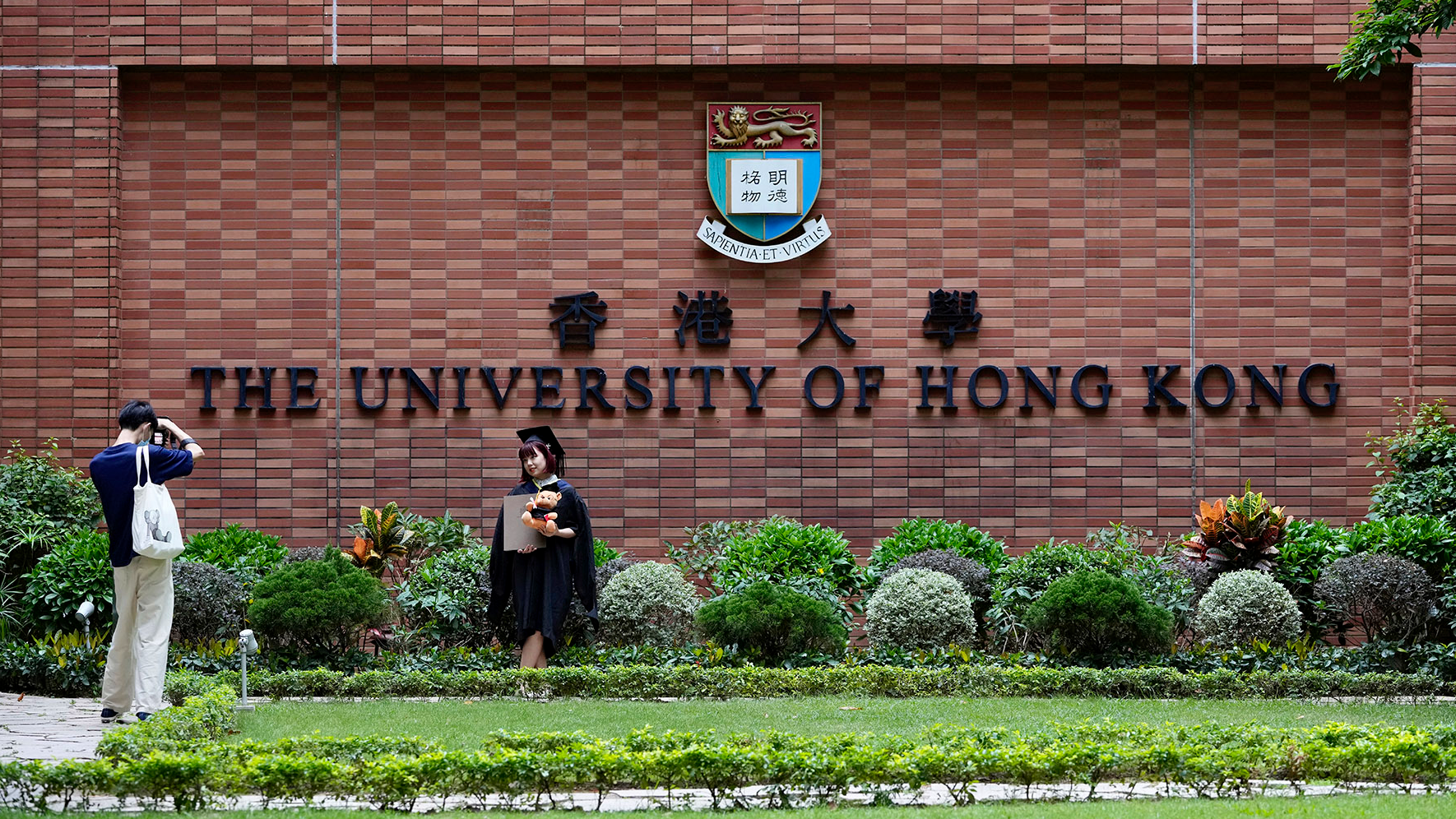
The rents for apartments on popular housing estates near universities in Hong Kong have surged significantly, pushed by a rise in the number of applications from nonlocal students, property agents say.
Due to the surging student rental demand ahead of the new school year, which begins in September, rents for some apartments surrounding universities have risen by 10 to 20 percent, according to analysis released in May by local real estate agency Midland Realty.
Andy Chan Kwok-leung, the agency's district associate director, said on Thursday that the rental supply near universities in the special administrative region has remained as stable as it has been in recent years. However, rental prices have already increased by 10 percent overall — even though the peak season has yet to arrive.
READ MORE: HK public housing tenants facing 10% rent hikes from October
"Most nonlocal students typically start renting between late July and August," he said. "So we expect rents to rise by another 5 to 6 percent.”
Ken Kwan Wai-ho, a senior branch manager with Centaline Property Agency, said areas near campuses such as Tseung Kwan O, which is close to the Hong Kong University of Science and Technology (HKUST), have seen a noticeable turnaround in rental transactions as many students from the Chinese mainland ramp up the pace at which they are renting flats as the summer holiday approaches.
"Tseung Kwan O recorded 601 rental transactions in June, with an average rent of about HK$40 per square foot, a sharp rise of 50 percent and 2.5 percent over May respectively," Kwan told China Daily.
Cai Jingyi, a nonlocal student who has been in Hong Kong for four years, said that the rental price for a unit near the Hong Kong Polytechnic University was HK$17,500 ($2,230) per month two years ago, and this year it has risen to nearly HK$20,000.
She added that some of her fellow university students once queued at 5 am to secure a spot in a popular apartment building near the campus. "A two-bedroom unit in the building costs HK$24,000 per month," she said.
Secretary for Education Christine Choi Yuk-yin said in a media interview on Tuesday that applications from nonlocal students to the city’s universities have been more active this year, with the number of overseas students doubling. She believes that competition for nonlocal students to study in Hong Kong will be intense in the future.
Amid United States (US) restrictions on overseas students, Choi revealed that Hong Kong’s eight funded universities had received 850 inquiries as of the end of June from overseas students considering transferring, and have issued at least 36 offers.
The University of Hong Kong (HKU) earlier revealed that it has received about 300 inquiries from students in the US and over 100 transfer applications, and has issued multiple admission notices.
The HKUST said it received nearly 20,000 applications for nonlocal undergraduate admission during the recent enrollment, competing for about 800 places — a record high. Among them, applications from international students increased by about 40 percent. In addition, five students who had been admitted to or were studying at Harvard University have accepted offers from HKUST.
The influx of nonlocal students could drive the city’s consumption. Lau Chi-pang, associate vice-president (Institutional Advancement and External Affairs) of Lingnan University, earlier told local media that as international students need to live in Hong Kong, they need to pay tuition fees and cover living and accommodation expenses, a lot of consumption will be generated during their study period.
READ MORE: Midland Reality: HK’s third-quarter property rents to jump 3% in Q3
Cai, the university student, said that her annual study cost in Hong Kong is HK$400,000 including the rental expenses.
Hong Kong's universities performed well in the latest QS World University Rankings 2026. A total of nine universities were listed, among which six saw their rankings rise. The HKU jumped to 11th place globally.
The HKSAR government is actively building the “Study in Hong Kong” brand and is committed to developing Hong Kong into an international education hub. The admission quota for nonlocal students to government-funded post-secondary institutions has been doubled to 40 percent in the 2024-25 academic year.
Zheng Yucheng contributed to this story
Contact the writer at gabylin@chinadailyhk.com


